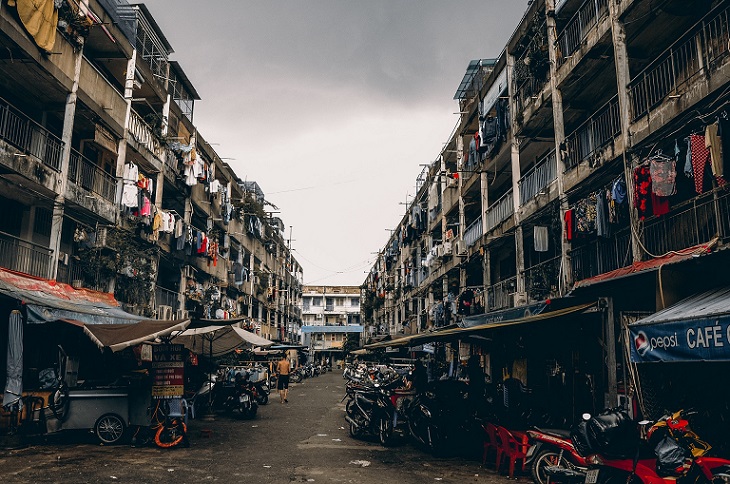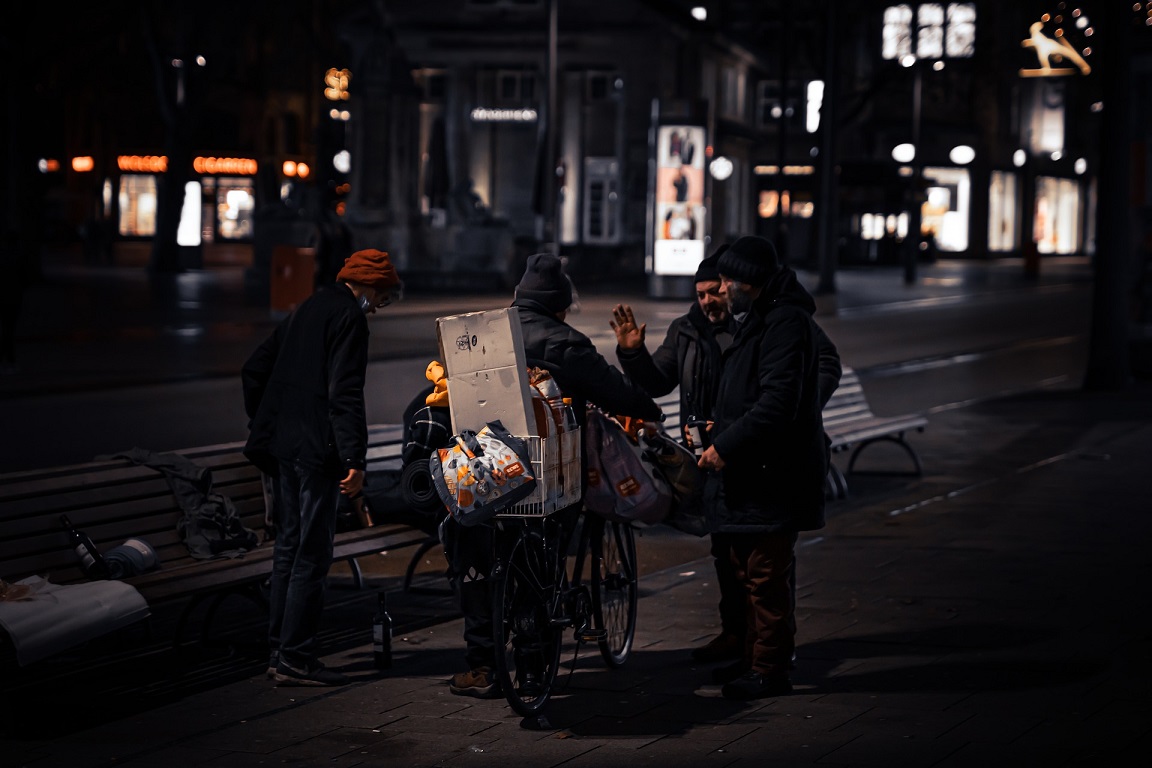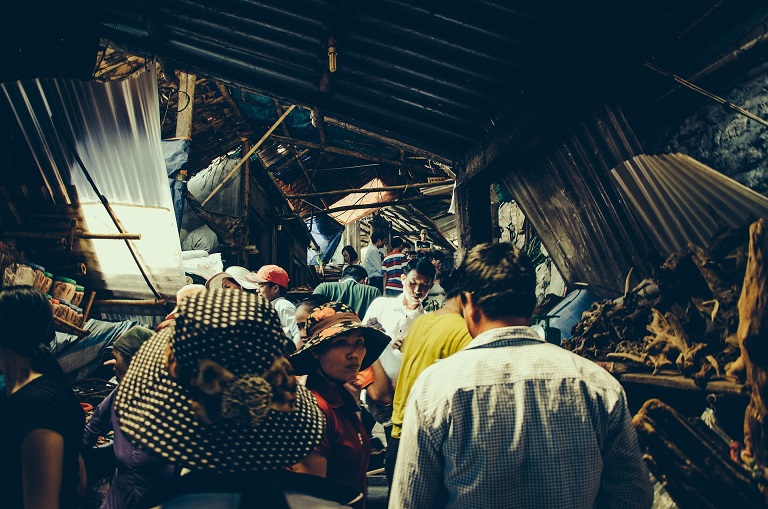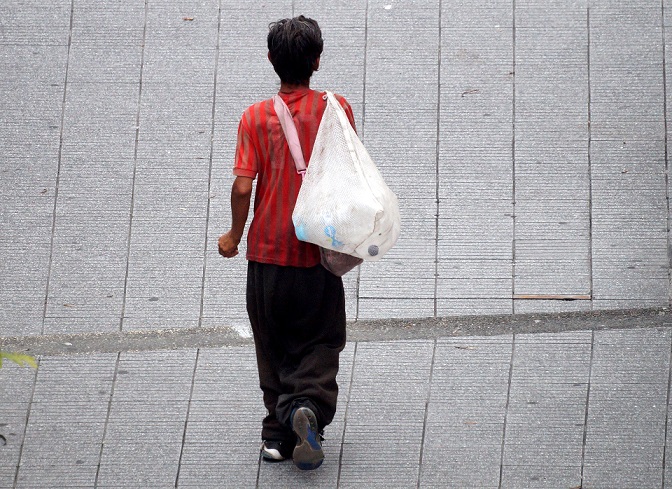There are two themes I want to explore in this article. The first is that all disasters are essentially man-made. Secondly, that the poor are always hit by far the worst.
 Nigel Pocock
Nigel Pocock
It might seem surprising to my readers to make the assertion that earthquakes and other ‘chance’ events are man-made.
But it is not the ‘chance’ element that I am thinking of- it is the human responses that I am thinking of.
After all, it is arguably not the earthquake that causes most of what constitutes the ‘disaster’, but the lack of preparedness and the human responses afterwards that do this. Earthquakes are not the only disaster that causes suffering and death on a massive scale. There are wars, famine, drought, plague, fire, floods, and more.
These are frequently related, and exacerbate the others. That these are man-made catastrophes can be seen from the statistics. These show that disasters are overwhelmingly biased towards the poor, quite massively so. The rich, educated and powerful are scarcely touched.
 Ninety-five per cent of deaths from disasters are amongst the poorest of the world’s population. Only 2% of disasters are in the developed world. In the developed world, there are 23 deaths per event; there are over 1,000 deaths per event in the developing nations. These figures should tell us straight away that a disaster is made, not contingent.
Ninety-five per cent of deaths from disasters are amongst the poorest of the world’s population. Only 2% of disasters are in the developed world. In the developed world, there are 23 deaths per event; there are over 1,000 deaths per event in the developing nations. These figures should tell us straight away that a disaster is made, not contingent.
So how is a disaster made? It is, quite simply, in the human responses, or lack of them. In some societies, ancient and modern, there is little interest in the fate of the victims.
Where there is or was concern, it had more to do with maintaining and protecting the status of the élite, than with compassion for the poor.
Thus, the powerful could use patronage to replace destroyed public buildings and facilities. Where there is a huge ‘facticity’ of social hierarchy, this acted to reinforce this hierarchy. To question the status quo was, quite literally, unthinkable.
 Yet, as research shows, while the powerful are concerned with self-interested political answers, the poor are concerned with questions of justice and accountability.
Yet, as research shows, while the powerful are concerned with self-interested political answers, the poor are concerned with questions of justice and accountability.
But all they usually had recourse to were answers rooted in magic, superstition, providence, fate and ‘luck’, all of which acted to prevent the real issues from being addressed, together with the political and social changes that might imply.
Coupled to is was a tendency for élites to label outsiders as ‘barbarians’. The ‘natives’ must learn to become ‘civilised’. In a series of opposites, ‘might becomes right’, and intervention legitimated, meaning war and invasion—yet another disaster for the poor.
Thus there is a division of educated/uneducated, primitive/sophisticated, moral/immoral, and so on. Victims deserve their misfortune. Charity then becomes a means of redeeming the powerful, reinforcing their status, and labelling the poor as ‘weak’ and ‘helpless’.
 Democracy and access to health and education are therefore crucial. Democracy weakens tyranny, and tyranny perpetuates disasters, by choking the cries of the poor and oppressed.
Democracy and access to health and education are therefore crucial. Democracy weakens tyranny, and tyranny perpetuates disasters, by choking the cries of the poor and oppressed.
The poor are overwhelmingly the victims of disasters, and this indicates that responsibility lies with the educated and those with resource, disasters are made by those with most power, and must therefore be held the most accountable.
(Photos: Pixabay)












.jpg)












